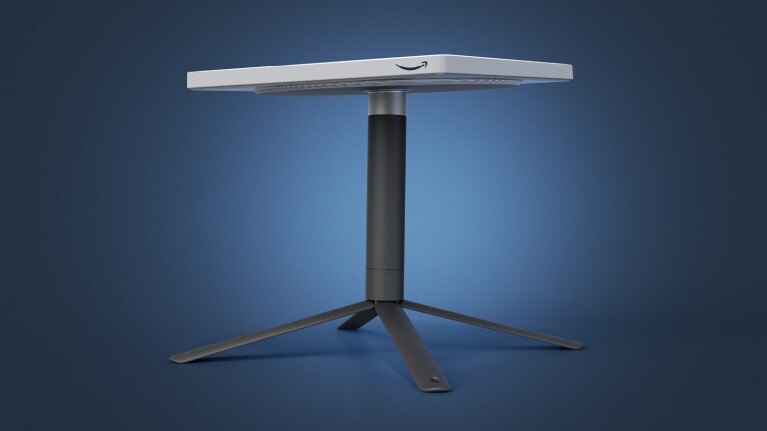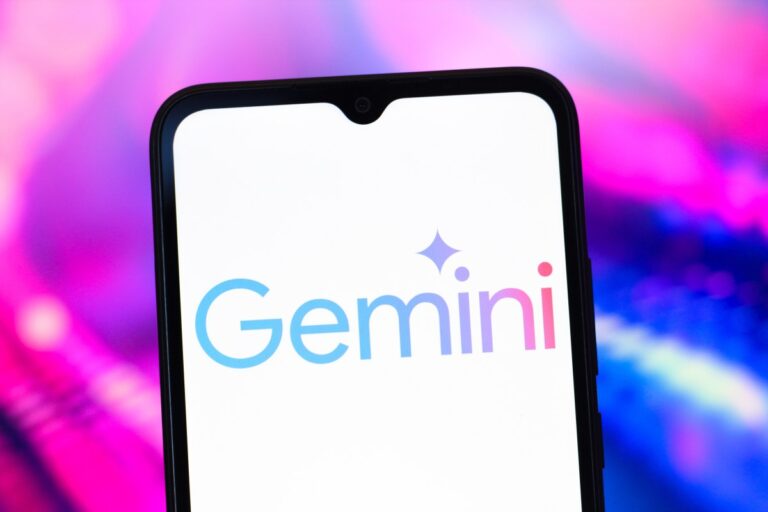Amazon Launches First 27 Internet Satellites into Space: A New Era of Global Connectivity
Amazon’s venture into the satellite internet market has taken a significant step forward with the successful launch of the first 27 satellites for its Project Kuiper. This initiative aims to create a robust space-based internet network, positioning Amazon to compete with established services like Elon Musk’s Starlink.
Successful Launch of Project Kuiper Satellites
On a late Monday evening, a United Launch Alliance (ULA) Atlas V rocket ascended from the Cape Canaveral Space Force Station in Florida, marking a pivotal moment for Amazon’s ambitions in the satellite internet arena. This launch delivered the initial batch of satellites, contributing to a planned total of 3,226 Kuiper satellites that will form the backbone of their internet network.
Comparison with Starlink’s Network
While Amazon’s Project Kuiper is just beginning, it faces steep competition from SpaceX’s Starlink, which currently operates over 8,000 satellites launched through 250 missions. Starlink has already attracted more than 5 million users, highlighting the challenge Amazon faces in gaining market share.
Focus on Underserved Communities
Jeff Bezos, the founder of Amazon, has expressed confidence in the potential for multiple companies to succeed in the satellite internet sector, stating there is “room for lots of winners.” Notably, Amazon’s focus will be on providing internet access to unserved and underserved communities around the globe, aiming to bridge the digital divide.
Future Launch Plans and Challenges
According to the Federal Communications Commission, Amazon is expected to launch the first half of its satellite network by mid-2026. Tory Bruno, CEO of ULA, mentioned that there could be as many as five additional Kuiper launches scheduled for this year. However, reports indicate that the Kuiper project is currently facing production challenges, which could delay its progress toward completing the constellation.
Key Takeaways
- Successful launch of the first 27 Kuiper satellites.
- Competition with Starlink, which has over 8,000 satellites in orbit.
- Focus on connecting underserved communities worldwide.
- Future launches planned, with production challenges reported.
For more information on satellite internet services, you can visit the Federal Communications Commission’s official page or explore our guide on satellite internet options.







